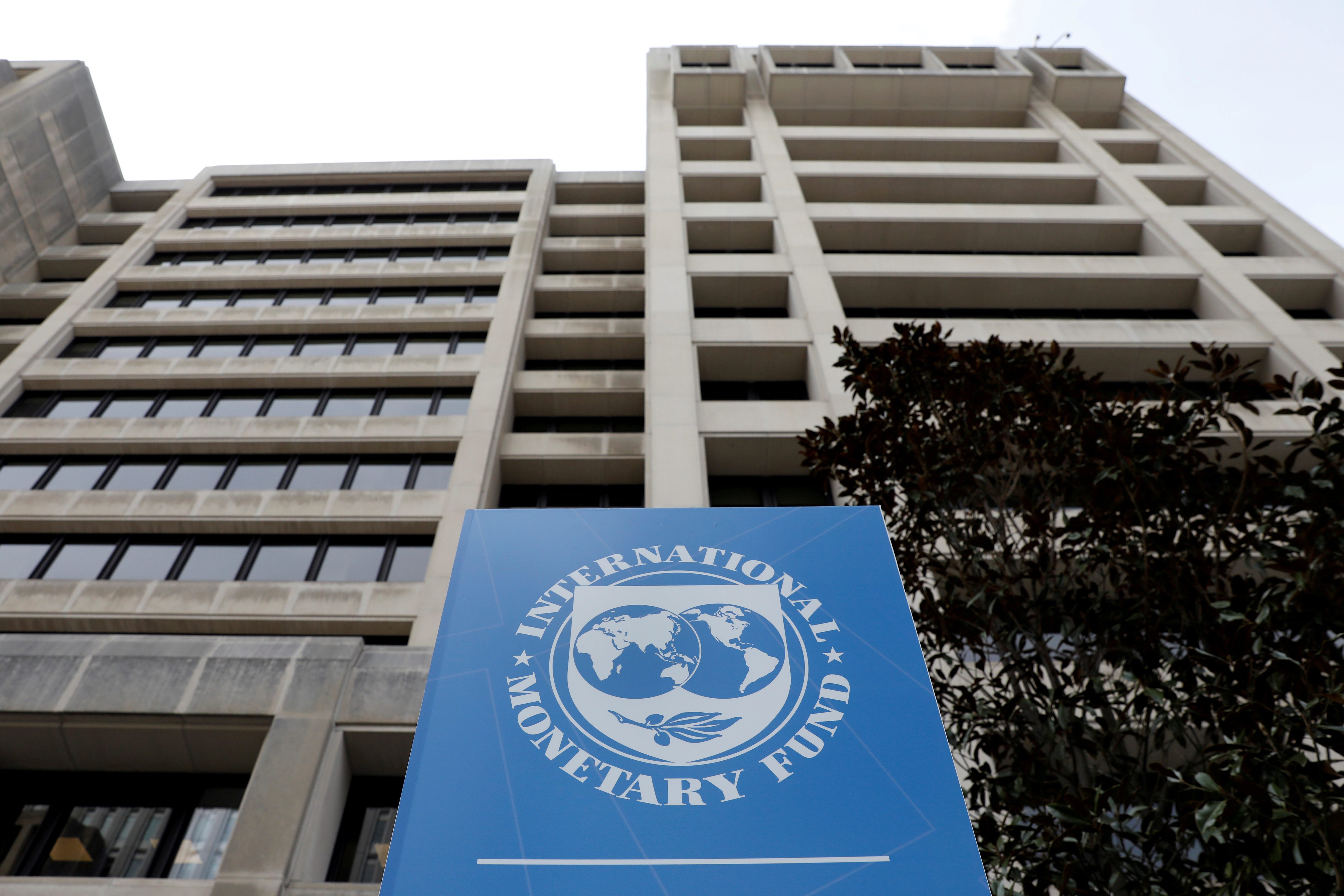SUMMARY
This is AI generated summarization, which may have errors. For context, always refer to the full article.

International Monetary Fund Managing Director Kristalina Georgieva said on Tuesday, March 23, she would present the IMF’s executive board with a formal proposal for a possible $650-billion expansion of the Fund’s emergency reserves by June.
Georgieva said a new allocation of Special Drawing Rights (SDRs), the IMF’s own currency, would give member countries – many of which have been hit hard by the COVID-19 pandemic – a big liquidity boost without increasing their debt burdens.
It would also free up resources for member countries to help fight the coronavirus pandemic, support vaccination programs, and other urgent measures, she said in a statement.
Georgieva said IMF board members had conveyed “broad support” at a meeting on Tuesday for IMF staff to draw up the proposal for a $650-billion expansion in IMF reserves to address the long-term global need for reserve assets.
“A new SDR allocation would benefit all our member countries and support the global recovery from the COVID-19 crisis,” she said. “It would also be a powerful signal of the IMF membership’s determination to do everything possible to overcome the worst recession since the Great Depression.”
A new SDR allocation would be the IMF’s first since a $250-billion allocation approved in 2009, during the global financial crisis. Georgieva said IMF staff would develop new measures to enhance transparency and accountability in the use of SDRs, and explore options for richer members to reallocate SDRs to support vulnerable and low-income countries.
If approved, the additional reserves – which can be turned into hard currencies by members or shared with needier countries – should be available later this year.
A new IMF assessment of global reserve needs, conducted once every 5 years, shows a clear need for additional SDRs as countries struggle to cope with the coronavirus pandemic, sources briefed on the matter said. No details of the assessment were immediately available.
Georgieva began pushing for a new SDR allocation a year ago, but met strong resistance from the United States, the largest shareholder in the global lender, under the Republican former Trump administration.
Both the Group of Seven advanced economies and the larger Group of 20 major economies backed the move in recent weeks after new US Treasury Secretary Janet Yellen offered her qualified support while also demanding greater transparency about how the SDRs would be used and traded.
Yellen told lawmakers on Tuesday that an expansion of the IMF’s reserves was in the US national interest because it would help some of the neediest countries avoid contractionary policies that might impede a global recovery.
The IMF’s announcement paves the way for the US Treasury to inform lawmakers about the expected IMF allocation.
No formal vote is required, but the plans have been criticized by congressional Republicans, who say the move will do little to help the neediest countries, while handing free reserves to China, Russia, Iran, and other countries seen as US adversaries.
Pat Toomey, the top Republican on the Senate Banking Committee, Jim Risch, his counterpart on the Senate Foreign Relations Committee, and two other Republican senators urged Yellen to withdraw her support for a new SDR issuance.
“The proposed allocation of SDRs would be inappropriate, ineffective, and a wasteful use of taxpayer dollars that would end up benefiting repressive regimes and state-sponsors of terrorism,” the senators wrote in a letter sent Tuesday.
Eric LeCompte, a United Nations adviser and executive director of Jubilee USA Network, a non-profit that advocates for debt relief, said a new allocation would provide needed relief to developing countries struggling to deal with the pandemic and its economic fallout.
“This is incredible progress because now the clock starts,” he said.
An SDR allocation would likely come just in time to help heavily indebted Argentina avoid defaulting on required payments to the IMF. – Rappler.com
Add a comment
How does this make you feel?
There are no comments yet. Add your comment to start the conversation.